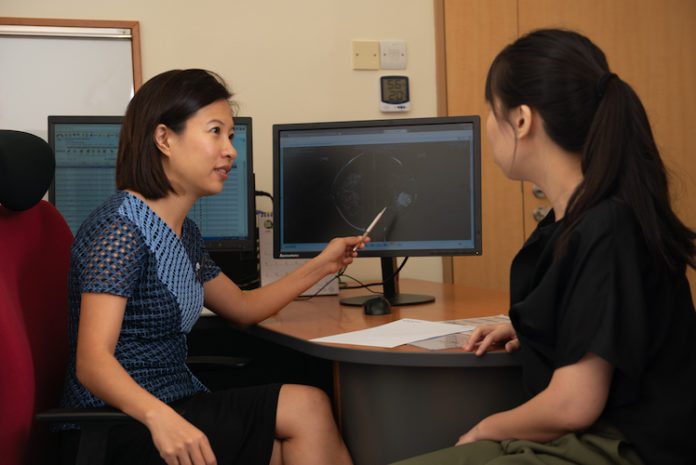GE Healthcare is working with the National Cancer Centre Singapore (NCCS) on how artificial intelligence (AI) driven research can be used to improve cancer care.
The collaboration aims to spur the potential for more tailored treatment options for specific cancer types and offer the potential to evaluate clinically significant information along the patient journey for a provider’s efficient decision making, leveraging on AI and text processing.
The two partners will collaborate on new AI-powered solutions for data analytics and clinical workflows that support care for cancer patients in this part of the world—combining GE Healthcare’s imaging and monitoring expertise with NCCS’s deep expertise in research and development, testing and consultation.
“This collaboration is an important step forward in our commitment to enabling precision health through digital technology that simplifies healthcare providers’ decision-making, accelerates care delivery and has the potential to improve patient outcomes,” said Elie Chaillot, president and CEO Intercontinental at GE Healthcare.
Ben Newton, general manager oncology at GE Healthcare, said that simplifying the way data is managed can help healthcare professionals improve patient outcomes with faster decision making and more precise treatment options.
“This collaboration combines the strengths of our clinical perspective and deep expertise in oncology care, analytics and translational research with GE Healthcare’s global reach, innovative technologies and services,” said Iain Tan, director of research at the NCCS Division of Medical Oncology.
“Working together, we hope to leverage next-generation digital tools to enhance integration of cross-disciplinary information, augment clinical decision making and improve outcomes for our patients,” said Tan.
The partnership is the latest in a series of alliances which GE Healthcare has established to support integrated healthcare systems at the local level through improved access to advanced AI technologies and innovations. These include collaborations with SOPHiA GENETICS in the United States and the University of Cambridge and Optellum in the United Kingdom.
















